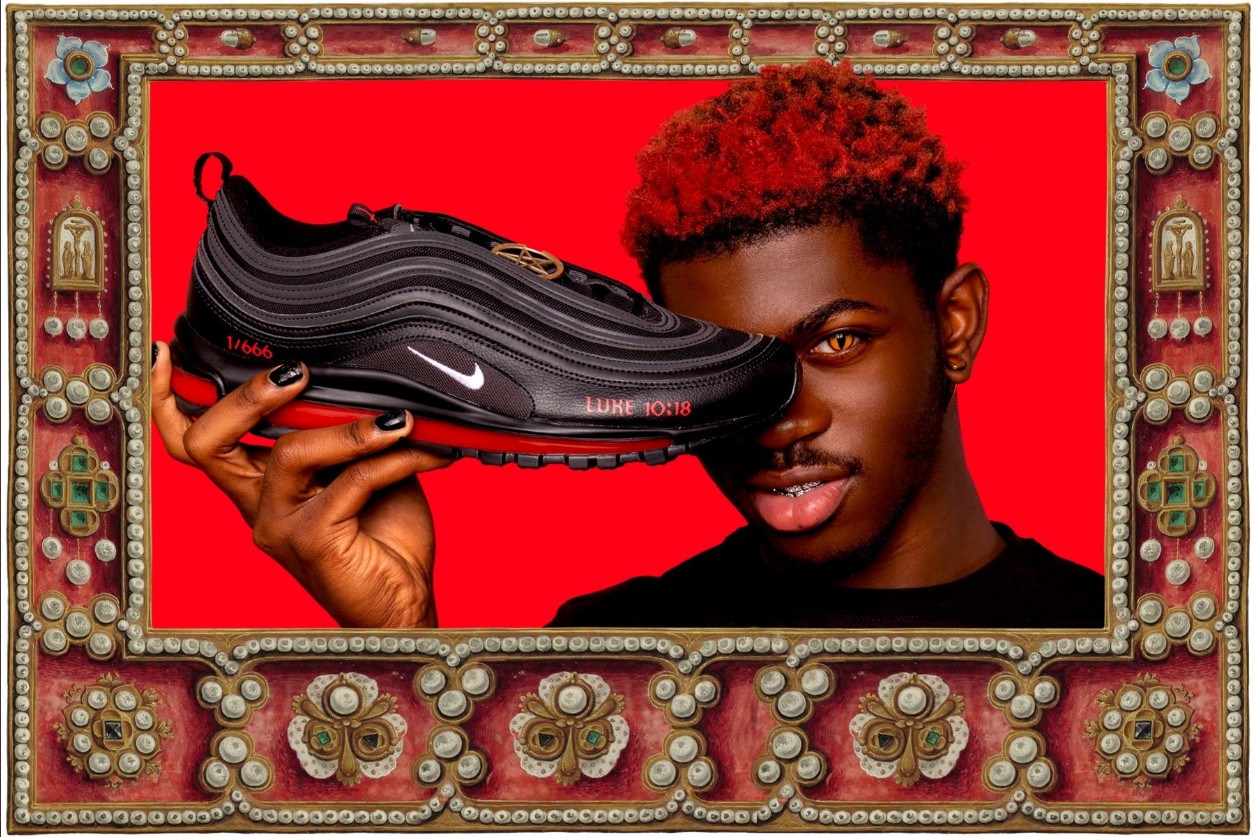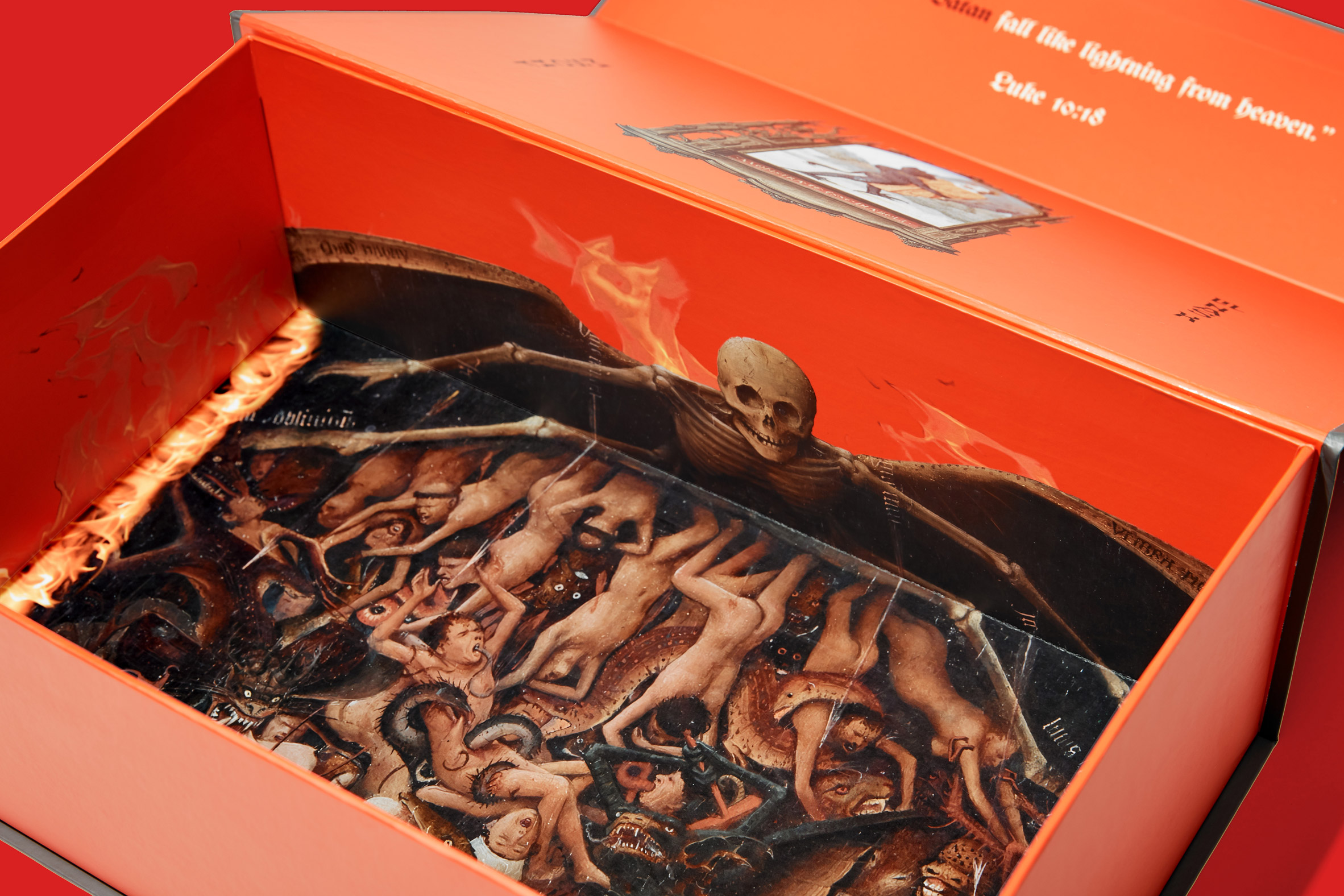Nike's sneakers with Satan in them
Collaboration
Fashion or clothing brands often collaborate with famous singers or artists. In the case of Nike, he has continued to collaborate with famous rapper Travis Scott, and Adidas has continued to release the yeezy line through collaboration with Kanye West. This collaboration is one of the strategies that can become very popular in the market by combining the artist's reputation with the clothing brand's own reputation.In April last year, rapper Lil Nas X performed "SATAN Shoe" with the artist group MSCHF, transforming Nike sneakers to their liking. Only 666 pairs, the number symbolizing the devil, are produced, and the price of the product is being traded at around $1000. The product features the actual blood of six MSCHF designers injected into the sole of the shoe.

Who is Lil Nas X and MSCHF?
Lil Nas X is an American rapper who respects diversity and is famous for being gay. However, he is already a world-renowned rapper and released a new song called 'Montero' three days before the shoe was released. Hell is also depicted in the music video of the song, and Satan appears, indicating that it is a marketing from music to the release of shoes. Mischief means a trivial prank played by children, and MSCHF is a brand name created by collecting all the vowels of the word. They continued to draw attention by creating products that mentioned various social problems as well as clothing.
Controversy
In the United States, where the overwhelming Christian population is overwhelmingly large, the product has become controversial, and when many Christians are calling for boycotting Nike's products that worship Satan, Nike, which had nothing to do with the product, will file a lawsuit against MSCHF. This is because the content of the lawsuit is related to trademark infringement and it was judged that the product could seriously damage the brand's image. In particular, Nike's sneakers are the most customized sneakers, and they are so influential that they even have jobs that specialize in customizing their products. Customizers also make profits by melting their own workmanship and reselling, which is applied with the "first-time sales doctrine." This is the theory that reselling the product after it is initially sold does not constitute patent infringement. However, in this case, the lawsuit was filed because 666 pairs were resold in bulk and the company's image was damaged by giving Satan's image.

댓글
댓글 쓰기